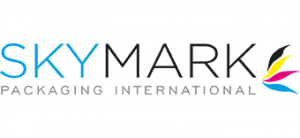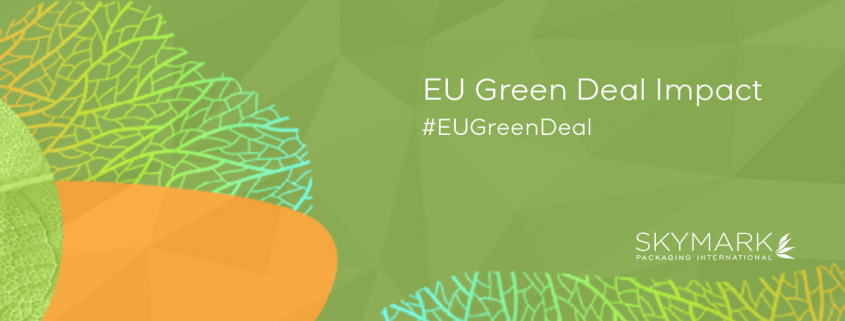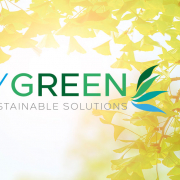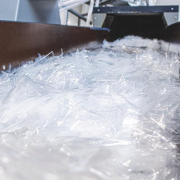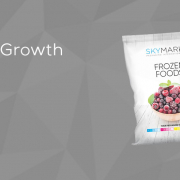The European Union (EU) is taking steps to meet its objectives under the European Green Deal by proposing revisions to the packaging and packaging waste directive and provisionally agreeing to introduce a carbon border tax. These changes will have a significant impact on the packaging and manufacturing industries.
The proposed revisions to the packaging and packaging waste directive (PPWD) aim to make all packaging in the EU recyclable by 2030, reduce the generation of packaging waste, and increase the use of recycled plastics in packaging. The measures include targets for waste reduction and reuse, restrictions on over-packaging, design criteria for packaging, deposit return systems, and minimum inclusion rates for recycled content in plastic packaging. This is a major step forward for the EU in its efforts to reduce waste and improve recycling rates, but it will also pose a significant challenge for packaging manufacturers.
According to the European Commission, the PPWD revisions will also help to prevent confusion around compostable plastics and support reuse and refill systems, promoting circular economy and reduced environmental impact. Spain has already approved the transposition of the proposal into domestic legislation, and examples include a ban on grocery stores selling fruit and vegetables in plastic packaging if they weigh less than 1.5 kg.
Plastic packaging manufacturers will be most impacted by the proposed PPWD revisions and will need to adapt to the new requirements in order to maintain market share. Companies that are able to adapt quickly to these new requirements will likely gain market share and may be able to embed themselves into a new high-quality “closed loop” packaging cycle for plastics.
The EU has also provisionally agreed to introduce a carbon border tax (CBAM) on goods imported from higher-polluting regions. The CBAM aims to prevent “carbon leakage” and create a level playing field for EU member states by raising import prices. According to the European Commission, it will initially cover 60% of industrial emissions and include sectors such as iron and steel, cement, and electricity and hydrogen. The scope may be expanded to other sectors after 2025.
The proposed revisions to the packaging and packaging waste directive, and the introduction of a carbon border tax, are aimed at achieving a more sustainable future for the EU. These changes will have a significant impact on the packaging and manufacturing industries, with plastic packaging manufacturers being the most affected. Companies that are able to adapt quickly to these new requirements will likely gain market share and may be able to embed themselves into a new high-quality “closed loop” packaging cycle for plastics.
References:
- EU’s Proposal to Revise the Packaging and Packaging Waste Directive – https://ec.europa.eu/commission/presscorner/detail/en/ip_22_7155
- Carbon Border Adjustment Mechanism – https://taxation-customs.ec.europa.eu/green-taxation-0/carbon-border-adjustment-mechanism_en
- European Green Deal – https://commission.europa.eu/strategy-and-policy/priorities-2019-2024/european-green-deal_en
